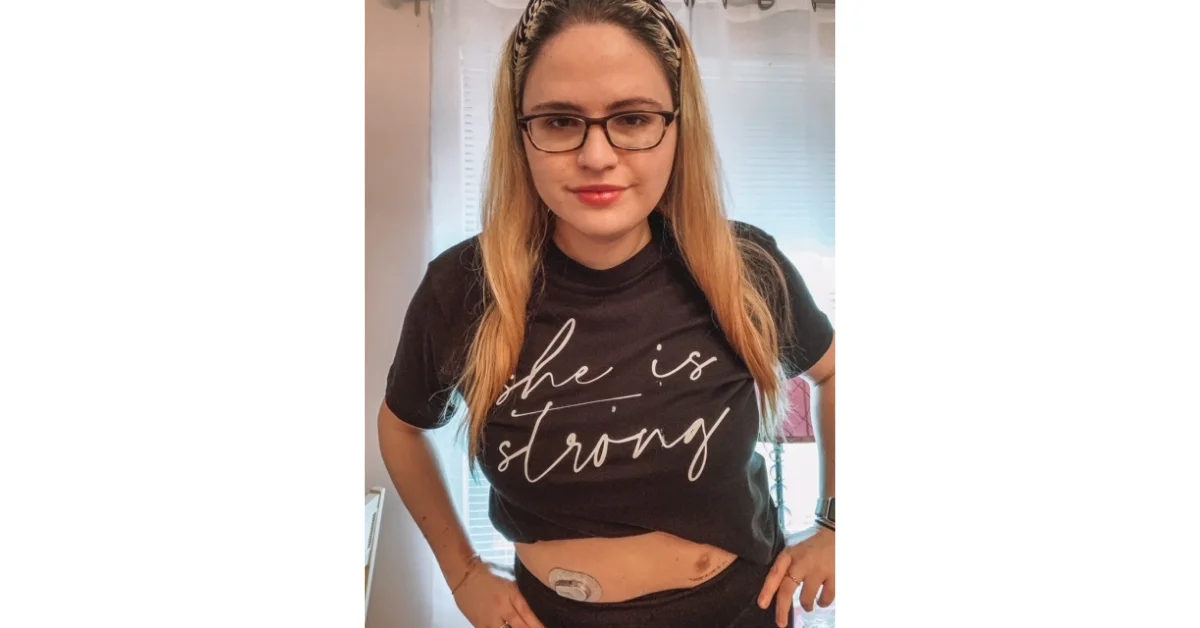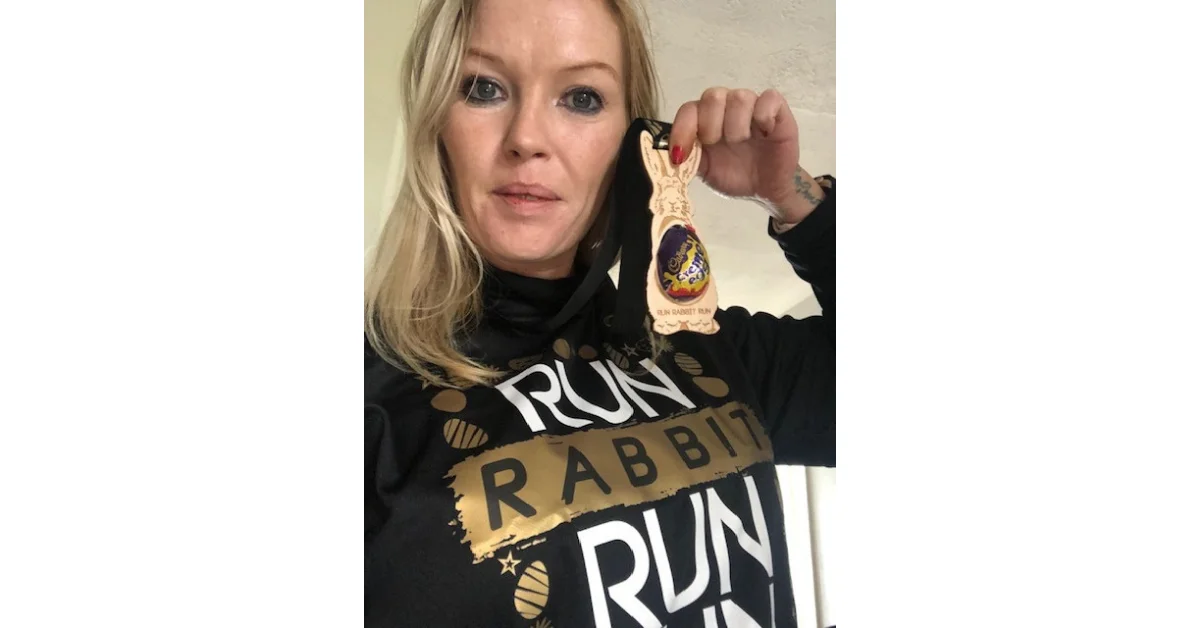On the day I was diagnosed with T1D, I remember asking my doctor: “will I always have this?”
“Yes,” he told me. “But I think we’ll have a cure in the next 10 years.”
For the first few years, I imagined my stint with Diabetes was temporary, and that someday soon, everything would go back to how it once was.
But as my years with T1D lengthened, I started to realize that waiting for a cure wasn’t enough to get me through when I would have given anything for just “one day off.”
There were no days off, no vacations, and no birthdays without T1D.
As a teenager with Type 1 Diabetes, the constant burden was overwhelming. No matter how hard I tried, I could never “fix” T1D. With no end in sight, was it even worth trying?
Classic Signs of Diabetes Burn Out
While Diabetes burnout looks and feels different for everyone, here are a few themes I’ve noticed in myself and in my clients when Diabetes burnout is showing up.
- The effort needed to manage your Diabetes just doesn’t feel worth it
- You don’t bother regularly checking blood sugar or taking medications
- You’re angry at your body for “failing” you all the time
- You feel alone, and it feels like no one understands what you’re going through
- You feel paralyzed by how much work it is to care for your Diabetes and live a normal life
- It is a struggle to feel motivated to take care of yourself
Strategies to Ease Diabetes Burn Out
It took me years to learn (and apply) these strategies to cope with burnout, but these are the practical things I wish I could go back and tell my younger self.
- You are not a number on a screen.
This is not the first time you’re going to have a 250+ high blood sugar reading. This is not the last. This reading isn’t “bad” and it isn’t a grade of your success or worth. A blood sugar reading is a piece of information, an opportunity to learn, and a signal for how your body is responding to your environment. Learn from it, and move on quickly.
- Talking to someone who really understands you will help.
Reach out to the people you can trust and count on. Not the people who feel sorry for you or try to “fix” you (they can’t). Look for people who see you as the strong, resilient, and capable person you are.
- Just take a walk.
The solution for your burnout probably isn’t more work, more intensity, or a 5-day-a-week gym routine. Start small. Low intensity exercise is the easiest to do and also the most impactful in improving insulin sensitivity with low effort. A short, 10 minute walk around the block doesn’t require driving anywhere or a change of clothes, but it does a beautiful job in supporting our need for movement and in lifting the spirits and clearing the mind.
- Practice Gratitude.
I’m convinced that gratitude is the necessary prerequisite for joy in life. If you can find things to be grateful for, the burdens you’re carrying will feel lighter. Start small, and try to make a list of 10 things you’re grateful for. Be creative. What about the people in your life are you thankful for? Which of your five senses are you most thankful for, and why? What conversation in the last week made you feel most inspired?
- You are allowed to say “No” and not feel guilty about it.
For all the overachievers, people pleasers, and extroverts out there – this one can be tough. It’s easy to fill your calendar with wonderful things (dinner with friends, exciting new work projects, fun weekend getaways).
But there can become too much of a good thing! While a full schedule and life can sometimes fill us up and energize, other times we need to take a pause, say no, and make time for sleep, reflection, and movement. Only you can know what your body needs and when, so don’t feel afraid to step back when your body and spirit need space.
Kaitlyn Czajkowski
A 20+ year Type 1 Diabetes veteran, Kaitlyn understands the “highs and lows” of life with T1D. As a health coach, Kaitlyn’s mission is to support those living with T1D trade fear and frustration for a life of confidence and freedom. You can check out her work at kaitwellcoaching.com













